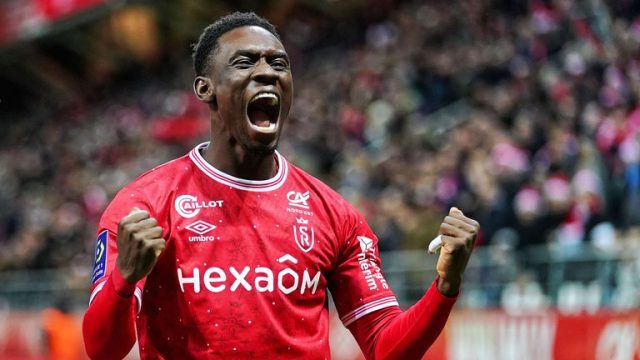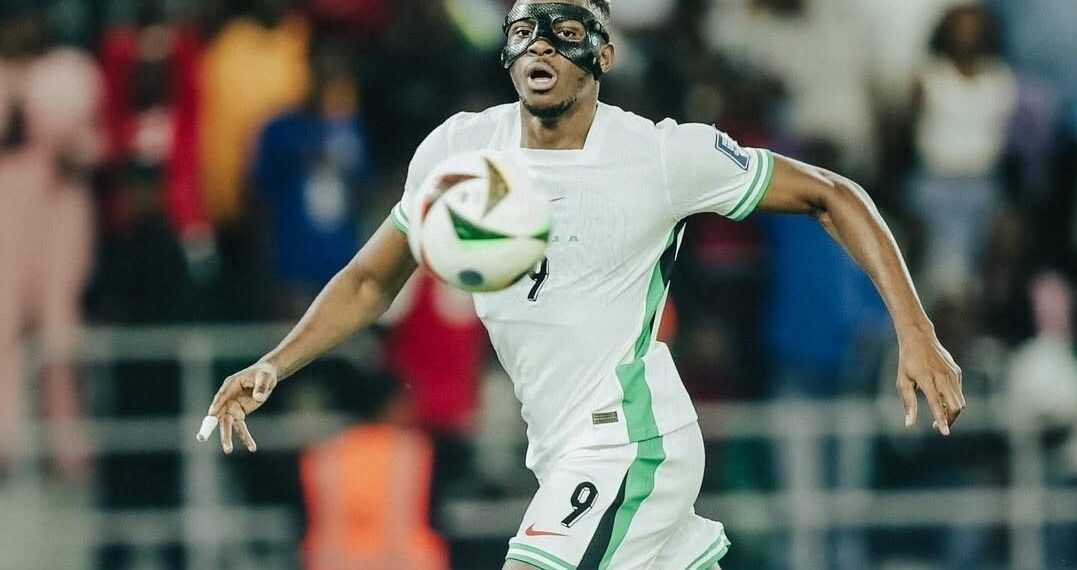Across Nigeria and much of West Africa, football isn’t just a pastime—it’s an emotion that unites millions, especially during high-stakes tournaments like the FIFA U-20 World Cup. Viewing centres in Lagos, bustling joints in Accra, and neighborhood hangouts in Port Harcourt were all abuzz as fans gathered with hopes riding high for the Flying Eagles, Nigeria’s celebrated U-20 team. Unfortunately, those expectations took a hit when the team suffered a 4-0 loss to Argentina in the round of 16—a result that immediately unleashed reactions from pundits, coaches, and fans alike.
Aliyu Zubairu, the Flying Eagles’ head coach, has taken center stage in the post-match discussion. Speaking to journalists in the aftermath, Zubairu attributed the heavy defeat not just to the fierce talent of Argentina, but to what he described as a “lack of character” on the part of his players. “The early goal is part of what destabilised us,” Zubairu explained. He lamented that conceding within the opening minutes created a psychological setback his boys struggled to recover from. With a second goal coming in quick succession, the match quickly turned into a difficult uphill battle.
“But nonetheless, I believe the boys did not display positive character. Actually, what I think happened in the match is that our level of fight when we didn’t have the ball was not enough,” Zubairu reflected. According to the coach, the Flying Eagles failed to react decisively after losing possession, granting the Argentines too much space to dictate play. “Whenever we lost the ball, we did not respond quickly enough,” he observed.
This defeat stands in sharp contrast to the optimism generated earlier in the tournament. Nigeria’s entry into the knockout stage came as one of the best third-place finishers—a testament to gritty performances, but also a warning sign that the margin for error was slim. According to veteran Nigerian sports journalist Jide Olatunbosun, “Given our route into the round of 16, there was always the risk of running into a more clinical opponent early on. Still, many felt the Flying Eagles could make a deep run if they rediscovered their attacking rhythm and defensive discipline.”
The technical analysis of this loss points to both tactical and psychological elements. Data from previous U-20 World Cup campaigns reveals that Nigerian youth teams have found success when combining physical resilience with mental fortitude—an aspect some experts say was lacking this time. “Teams like Senegal and Ghana have recently shown that mental strength, not only skill, is what separates African sides at the highest level,” noted Ghanaian coach Kofi Mensah, drawing attention to the broader regional trends.
For many West African fans, the disappointment goes beyond this single match. Football development at the youth level is seen as a barometer for future senior team fortunes and a symbol of national pride. Dr. Ngozi Akande, a Lagos-based sports psychologist, emphasised: “Younger players often struggle with handling breakthroughs and setbacks on the international stage; the fast pace and expectations can be overwhelming. It’s vital our football academies not only hone technique but also build resilience, teamwork, and leadership.”
Globally, Argentina remains a force at youth level, with a strong tradition of developing talents who later shine at the senior level. Nigerian supporters, meanwhile, will recall moments in history when the Flying Eagles showcased impressive resilience—such as their memorable 1989 U-20 World Cup run, which included the ‘Damman Miracle’ comeback against the USSR. Comparatively, the current side’s performance underscored the need for renewed focus on preparation and psychology as much as skill and tactics.
Despite the loss, Coach Zubairu accepted personal accountability, stating, “I take the blame. I take full responsibility, not the boys. When they won, they won, when they lost, I accepted responsibility.” This honest self-assessment has been met with mixed reactions among fans. Some have praised his humility, suggesting that a young team needs shielding from public criticism. Others, like Abuja-based football commentator Musa Bello, argue that technical shortcomings and selection issues also deserve scrutiny. “Our setups and substitutions must be questioned—are we really maximising local talent?” Bello asked.
Comparisons are inevitable with other African teams, some of which have reached the latter stages of youth tournaments by adopting more holistic development strategies. Senegal, for example, recently invested in sports psychology and leadership programs for its football academies, while Ghana’s emphasis on scouting and local league partnerships has yielded young players with notable international composure. Nigerian stakeholders, from the Nigerian Football Federation (NFF) to grassroots coaches, have previously called for reforms—but challenges remain, including funding constraints and the need for greater continuity in coaching staff.
At the heart of this discussion is what the Flying Eagles’ journey means for everyday Nigerians and West Africans. For many, victories inspire national unity and hope, while defeats spark important debates about sport infrastructure, youth empowerment, and the role of football in fostering resilience. Social media was awash with fan reactions after the loss. Twitter users expressed everything from disappointment to rallying cries to “support the boys,” while Facebook fans shared stories of past glories, urging patience with the new generation.
The wider football community acknowledges the unpredictable nature of sports—where a single match can swing due to an early goal or sudden lapse in concentration. As Nigeria looks ahead to future tournaments, many experts advocate for a more comprehensive approach to youth football: one that combines elite coaching, character development, mentorship, and stronger collaboration between local clubs and the NFF.
The Flying Eagles’ recent World Cup exit is a reminder of both the promise and the challenges facing Nigerian football at youth level. While the defeat stings, it has also stimulated important conversations about character, coaching, and the future of the beautiful game in Nigeria and West Africa.
How do you feel about the Flying Eagles’ recent performance? Do you think a stronger focus on player psychology and resilience will help Nigerian football reach new heights? Drop your thoughts below and stay connected for the latest updates on your favourite teams and sporting events!
Our Community, Your Stories!
Have a football story, tip, or unique perspective to share? Want your experience featured or have insights on the Flying Eagles or youth football in Africa? Email us at story@nowahalazone.com to get involved or discuss story sales.
Let’s keep the conversation going! Follow us on Facebook, X (Twitter), and Instagram for the latest in sports, news, and community stories.
For support or more information, contact us anytime at support@nowahalazone.com.










